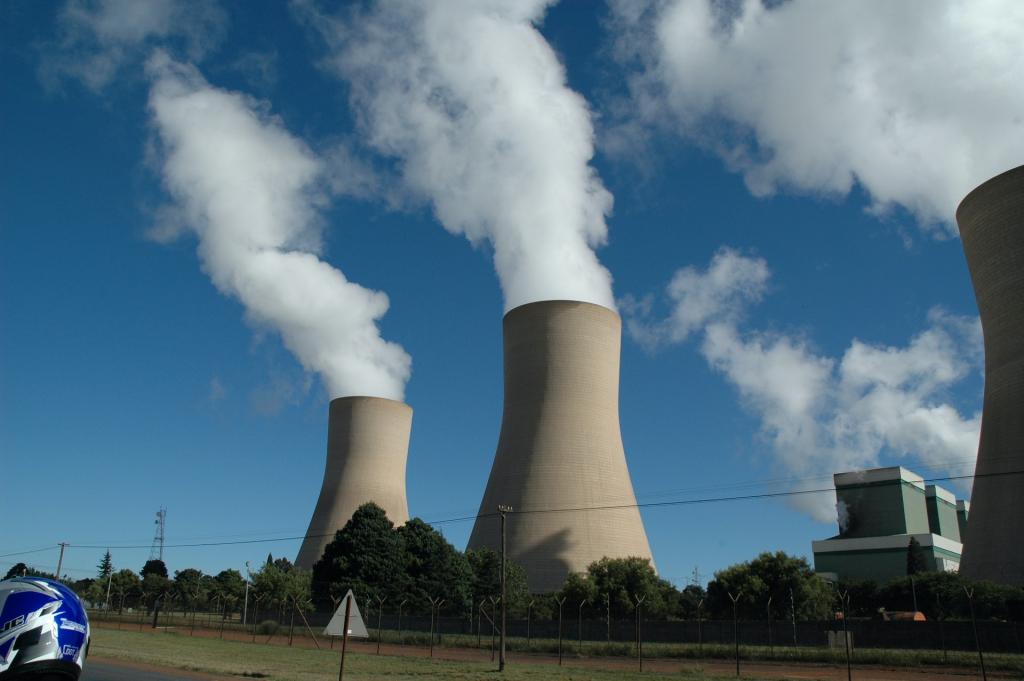Brussels, Belgium, October 01: The European Union has initiated the first phase of a groundbreaking Carbon border tariff system, marking a significant step in its commitment to curbing carbon emissions and ensuring a level playing field for domestic industries.
This Carbon Border Adjustment Mechanism (CBAM) targets CO2 emissions associated with imported goods like steel, cement, and various commodities, aiming to prevent environmentally detrimental foreign products from undercutting Europe’s green transition.
This move has generated concerns among trading partners, with China’s top climate envoy, Xie Zhenhua, cautioning against unilateral measures like the EU’s proposed fee during a recent meeting.
The EU’s actual implementation of CO2 emissions taxes at the border is slated for 2026.
In this initial phase, EU importers are mandated to disclose greenhouse gas emissions linked to the production of imported items such as iron and steel, aluminum, cement, power, fertilizers, and hydrogen.
Starting in 2026, importers will be required to obtain certificates to cover these emissions, thereby placing foreign manufacturers on par with EU businesses that must purchase permits from the EU carbon market to offset their pollution.
The overarching goal, articulated by European Economy Commissioner Paolo Gentiloni, is to foster a global shift towards greener production and safeguard European industries from relocating to countries with lax environmental regulations.
It also seeks to prevent these industries from losing competitiveness against foreign counterparts while they invest in meeting the EU’s ambitious targets, including a 55% reduction in net emissions by 2030 compared to 1990 levels.
Notably, companies in the European Union, Britain, and Ukraine have expressed expectations of minimal initial impact during this trial phase.
The European Commission maintains that the border levy adheres to World Trade Organization rules by treating foreign and domestic firms equally and allowing deductions for carbon pricing already paid abroad.
Commissioner Gentiloni emphasized that CBAM is not a form of trade protectionism but rather a means to protect the EU’s climate ambitions and raise global climate aspirations.
For the European steel industry, represented by Eurofer, which has championed the implementation of a border tariff, this initial phase will serve as a litmus test for the effectiveness of CBAM in preventing the offshoring of industrial production to countries with less stringent climate policies.
Among key trade partners, China, India, Turkey, and the United States have refrained from commenting on the launch.






